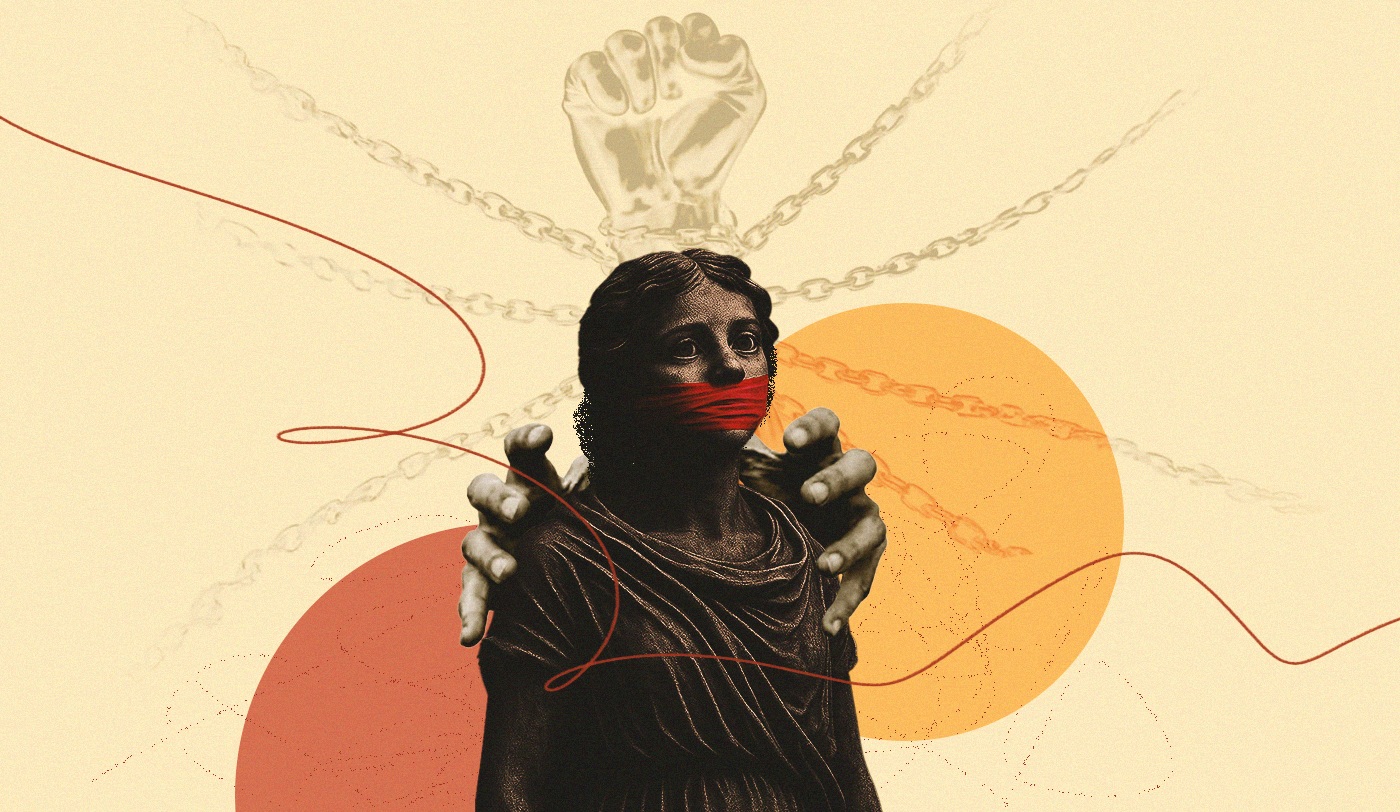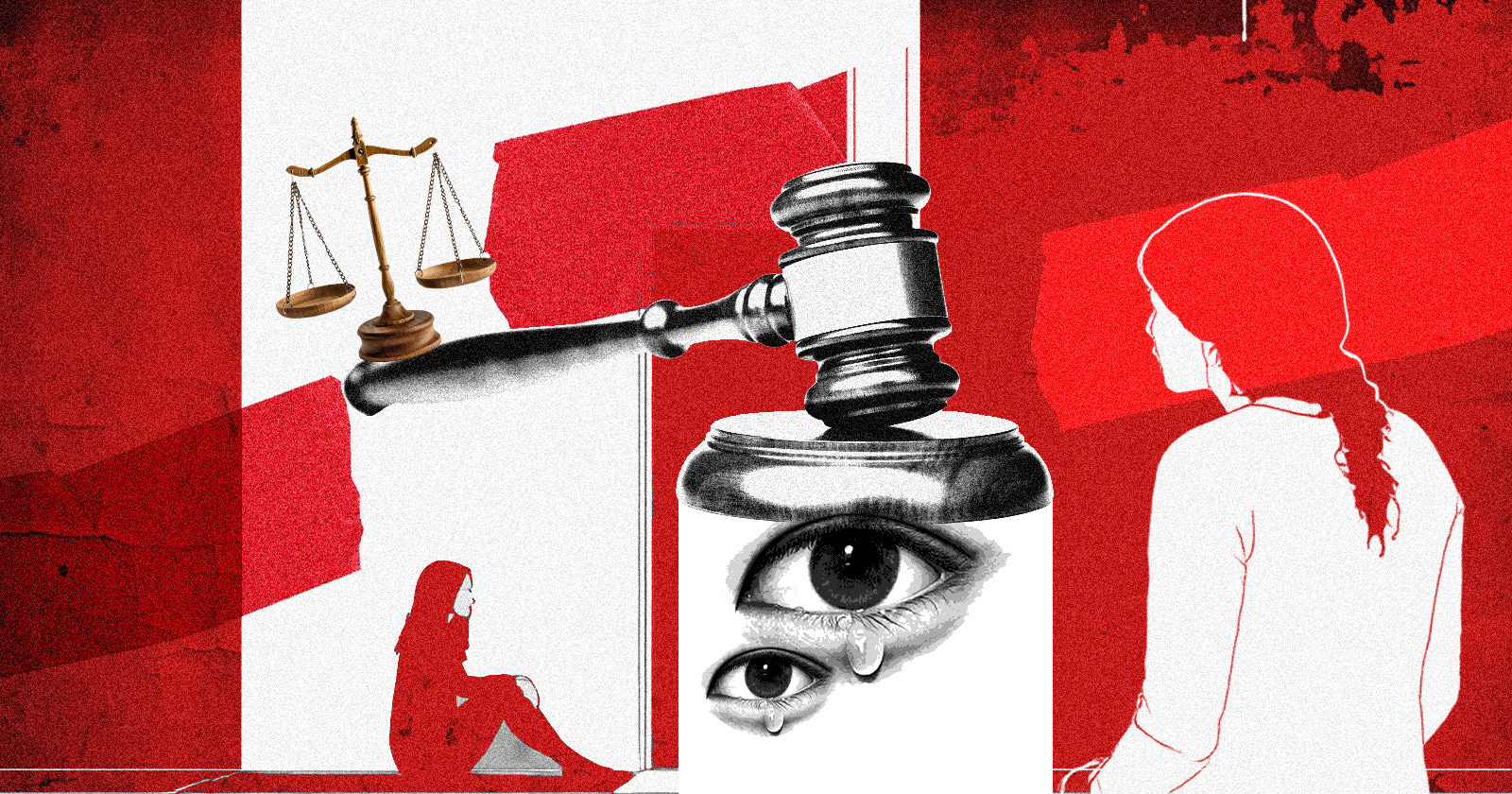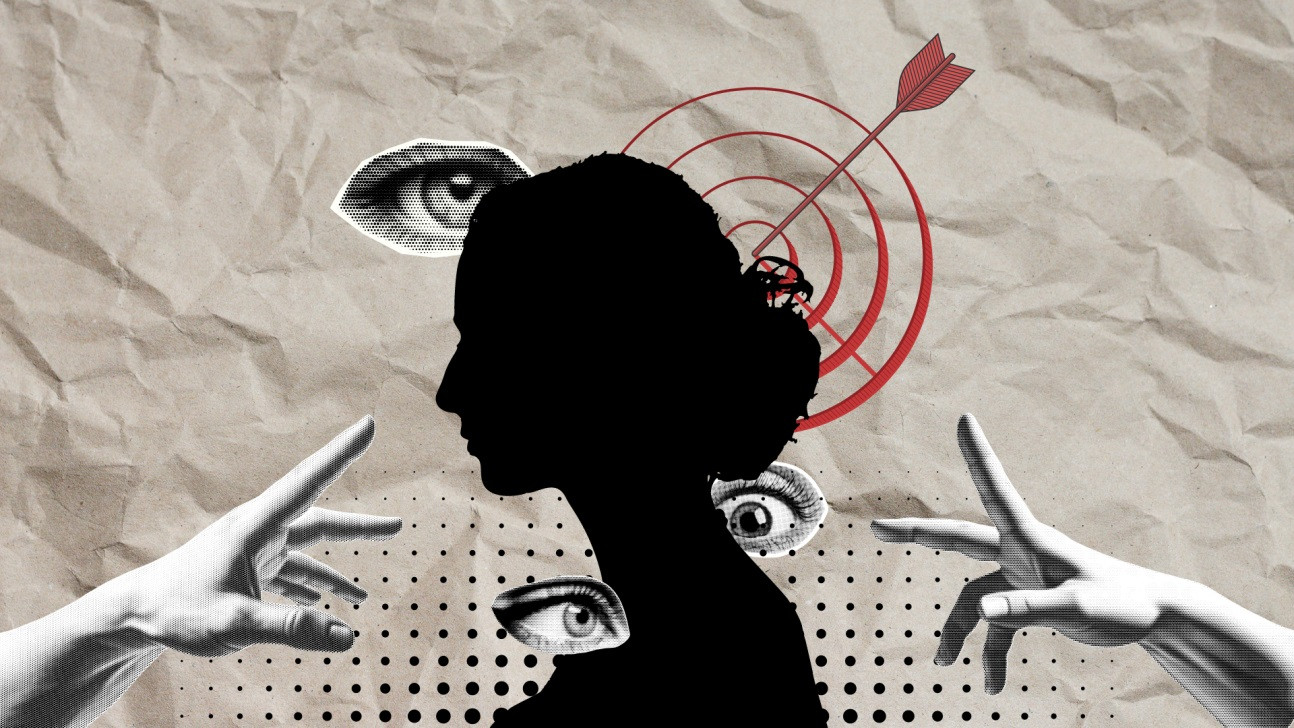Girls hold the future; but we aren’t shaping the one they deserve

Now well into my 20s, I still find it difficult to gather my thoughts on the International Day of the Girl Child as I reflect on my experiences growing up as a girl in this country. I remember how defenceless and vulnerable it felt to be an adolescent, and realise that my entire girlhood was spent not as a child but rather as a soldier creating defences against patriarchal norms and expectations, and mostly its invasion of my sense of self. Which makes me wonder: what does it really mean to be a girl child? And for how long does a girl truly get to be a child in our society?
They say trauma is passed down through generations. But I don't think it is trauma per se; it feels more like reminders that the world our grandmothers knew is not so different from the one we've come to know. It's tragic how centuries can pass, but the experiences of women and girls remain almost the same in many ways.
Growing up, I was always confused when my grandmother would say things like, "It's a curse to be born a woman." I could see the bitterness in her eyes and hear the hate in her voice as the words left her lips. I used to wonder how she could hold so much disdain towards her own kind. Did she hate herself, too? I didn't quite understand her words until I was harassed as a child myself.
I still remember the first time it happened. A postman, who thought I was "adorable," kissed me on the lips. I don't remember how old I was, but I know I was small enough that, standing up, my head barely reached the knees of most adults. Isn't it strange? I had no concept of what "good touch" or "bad touch" meant, unlike many children who learn this now in schools. But I knew it was wrong, wrong enough that the memory remains vivid, and even now, recalling it leaves me hollow.
The second time I was sexually harassed was on Pahela Baishakh; I was just 14 years old. I was wading through the crowds with my parents when I felt a hand grab me and hold me back. I froze. I didn't know what to do, and words left me. By the time I reached my parents, the unnamed pervert had vanished into the crowd, and I had no chance for justice. I hated men because that monster of a man, through that incident, stole my innocence from me. From that day on, until my adulthood, when I walk among crowds, I walk with eyes in the back of my head. I know my story isn't unique. Every woman I know has gone through a similar dark experience in their lifetime. We brush these stories off and often barely ever talk about them because we are constantly forced to choose between speaking out and having society think we are vulnerable or choosing to forget it because we are so hell-bent on not letting that instance define us. The tragedy is that we never actually forget; we only could've if we had found that circumstances had changed.
A just-released review of the first nine months of 2025 by the Human Rights Support Society (HRSS) reveals that 1,511 women and girls faced violence during this period. Overall, 663 rape incidents were recorded; of the victims, 393 were children. Moreover, at least 152 women and girls were gang-raped, and 19 rape victims were killed. Similar reviews also highlighted the persistence of sexual harassment and abuse, abduction and trafficking, and murder. One particular incident that recently drew massive outrage was the alleged rape of a 12-year-old girl in Khagrachari. Even though a government medical board later claimed to have found "no evidence of rape," the fact remains that sexual assaults in Chittagong Hill Tracts, and indeed across the country in general, remain widespread, with justice hardly delivered for the victims.
Circumstances like these enrage me every time I come across the word "alleged rape" in incidents of sexual violence against children. It is often termed "alleged" because, unless the report is filed within a narrow window, forensic evidence becomes difficult to collect. Rape tests or forensic exams for DNA evidence are most effective within the first 72 hours (three days) after an assault, though evidence can still be gathered within seven days. Victims are advised not to bathe, shower, change clothes, or clean their bodies before the exam to preserve potential evidence. Most victims are unaware of this fact, as no major government-wide campaign has addressed this issue. Societal taboos and cultural discomfort often prevent us from discussing anything related to intercourse, let alone rape.
In many cases, rape survivors are shamed into silence or, worse, married off to their rapists as a so-called remedy. Social pressure even drives many to die by suicide. The situation in Bangladesh is worsened by a high rate of child marriage. We have the highest prevalence of child marriage in Asia and rank eighth globally. According to data, 51.4 percent of women aged 20-24 were married off before they turned 18. The law itself reinforces this cycle through the "special circumstances" loophole in the Child Marriage Restraint Act, 2017, which allows marriages under 18 with court or guardian consent in undefined "special cases." This clause effectively shields statutory rape within such marriages. Besides, as per Section 375 of the Penal Code, forced sex within child marriages between the ages of 13 and 17 is not legally considered rape—a major gap that stands in direct conflict with child protection norms.
There is also the ongoing debate around the death penalty for rape and whether retribution serves justice or creates further harm. Tragically, even when parents try to do the right thing and fight for justice, they often face harassment, threats, or sometimes even death. Earlier this year, in March, the father of a rape victim in Barguna was brutally killed the night before his daughter's court hearing.
All these are indicators that repression of women has only intensified in our society. In Nazi Germany, the phrase Kinder, Küche, Kirche (meaning "Children, Kitchen, Church") was popularised and politically reinforced to define a woman's "proper" place in society.
We may not yet see such overt restrictions, but the signs are unmistakably there. In May this year, a religious group gathered thousands of protesters in Suhrawardy Udyan, demanding the abolition of the Women's Affairs Reform Commission and the withdrawal of its recommendations. Meanwhile, another religious group claimed that the commission's proposals went against the nation's beliefs, values, and traditions and that they offended religious sentiments, framing women's empowerment as a "Western ideology."
The alarm bells are ringing. If we do not hold the line now, it will not be long before a girl's entire identity is reduced to that of a woman whose sole purpose is to give life, only to fade into the background.
Ambassador Matthew Rycroft of the UK Mission to the United Nations once said, "How a society treats its most vulnerable is always the measure of its humanity." If our children, especially our girls, find themselves in a worse position in this so-called new beginning for Bangladesh, then the future we are shaping is bleak. For the sake of every little girl who still carries wonder in her eyes, I can only hope that will not be the case.
Nazifa Raidah is a journalist, researcher, and development practitioner. She can be reached at nazifa0419@gmail.com.
Views expressed in this article are the author's own.
Follow The Daily Star Opinion on Facebook for the latest opinions, commentaries and analyses by experts and professionals. To contribute your article or letter to The Daily Star Opinion, see our guidelines for submission.




 For all latest news, follow The Daily Star's Google News channel.
For all latest news, follow The Daily Star's Google News channel. 


Comments